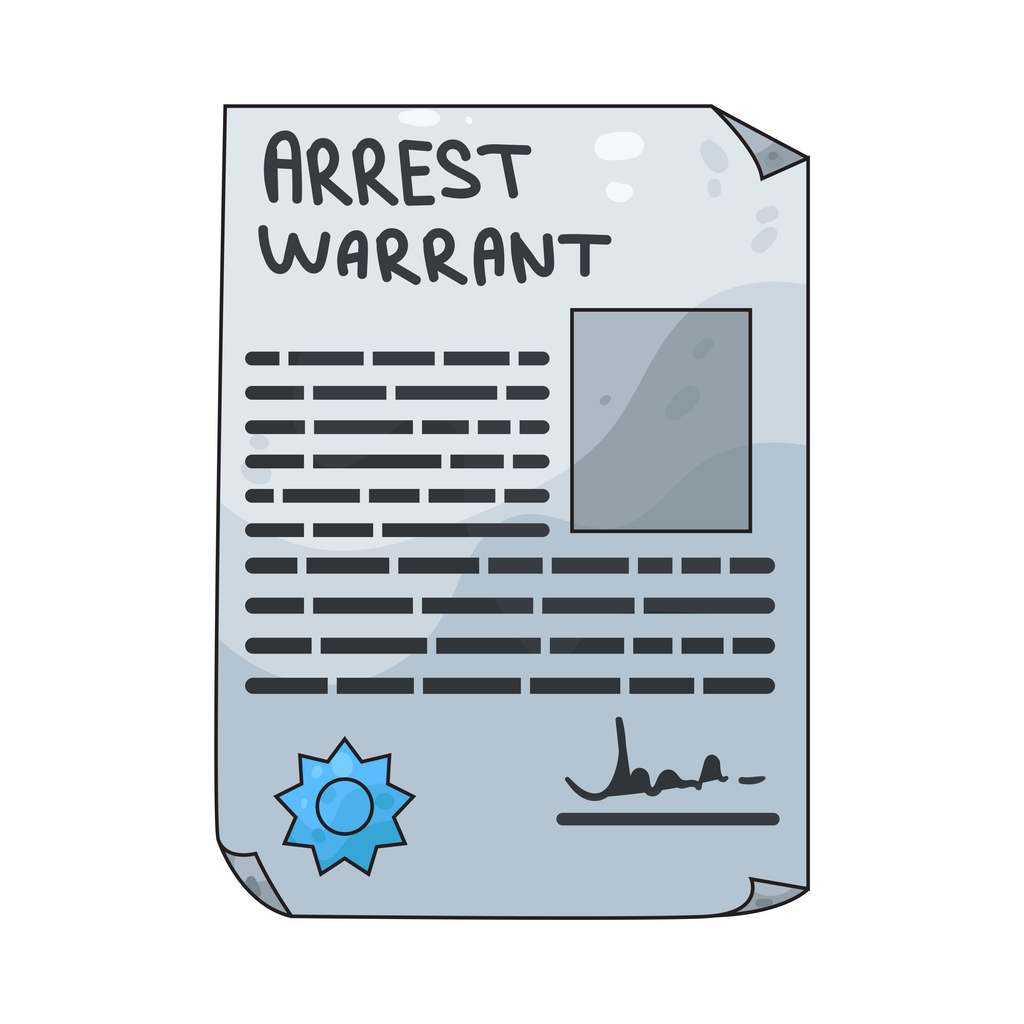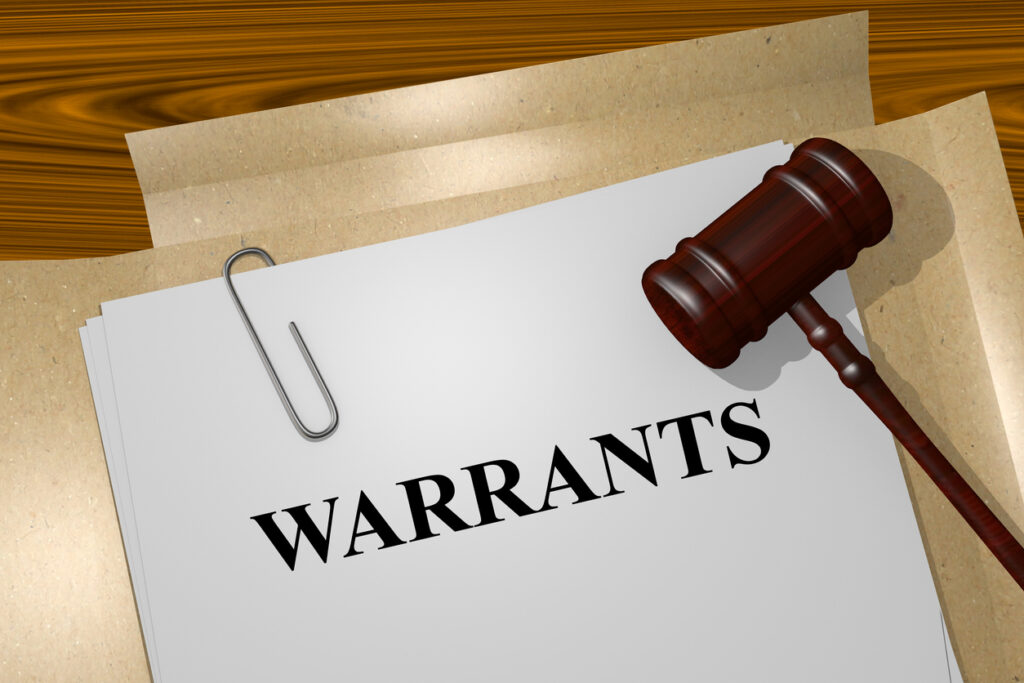Understanding how to perform a Maryland and DC arrest warrant check is essential if you’re navigating the justice system for the first time. Whether you suspect there’s an open warrant or you’re confirming legal records before an important event, handling this process correctly can prevent unexpected consequences. This guide breaks down the steps for checking warrants in both jurisdictions and discusses what to do if your search returns troubling results.
Understanding the Purpose of a Maryland and DC Arrest Warrant Check
A Maryland and DC arrest warrant check is not only a precautionary measure — it is often a necessary legal safeguard. Many individuals are unaware that administrative or criminal warrants can exist due to unresolved citations, missed court appearances, or pending investigations. These warrants don’t expire and can lead to arrests at traffic stops, during background checks, or even while renewing licenses.
In Maryland, warrants may be issued by district or circuit courts and are accessible through state judicial portals. Washington, DC operates under a slightly different system, where warrants are processed through the DC Superior Court and law enforcement databases. Knowing the difference in access protocols between the two jurisdictions is critical.
Why First-Timers Must Be Cautious When Conducting a Maryland and DC Arrest Warrant Check
First-timers often misunderstand how easily a bench or arrest warrant can be issued. If you’re checking for someone else, there are privacy limitations to consider. If you’re checking your own status, take steps to ensure your data isn’t mishandled or used in a way that leads to unexpected detention.
There are real consequences for neglecting a Maryland and DC arrest warrant check, especially when you’ve received prior citations or failed to appear in court. Being proactive allows individuals to make arrangements such as turning themselves in voluntarily or hiring representation before law enforcement gets involved.

Accessing Public Records During a Maryland and DC Arrest Warrant Check
The first reliable step for a Maryland and DC arrest warrant check is locating the proper judicial or law enforcement databases. In Maryland, the most accessible source is the Maryland Judiciary Case Search platform, which allows the public to search for pending criminal cases or court-issued warrants using name or case number. For DC, the Superior Court provides limited online access, though you may need to consult the Metropolitan Police Department for more extensive records.
Not all records are available online. Warrants issued under sealed investigations or juvenile cases may not show in public search tools. For more detailed inquiries, first-timers should be prepared to visit courthouses or make formal requests.
Completing a Maryland and DC Arrest Warrant Check Using Trusted Legal Portals
To streamline the process, individuals can reference legal guides and firm-published walkthroughs. For example, this comprehensive resource explains how to find out if you have a warrant for your arrest in Maryland or Washington DC. These detailed instructions help users navigate the necessary court databases and law enforcement resources without triggering alerts.
Using these trusted guides helps first-timers avoid missteps like contacting law enforcement without adequate preparation or accidentally confirming identity over unsecured communication channels.
Legal Implications Following a Maryland and DC Arrest Warrant Check
Completing a Maryland and DC arrest warrant check might reveal active warrants ranging from bench warrants to felony-level orders. Knowing the classification and issuing body of the warrant is crucial. Bench warrants often stem from missed court dates or non-payment of fines. Arrest warrants indicate that probable cause exists and law enforcement may detain you without further notice.
Warrants in either jurisdiction often result in interstate alerts, which means even if you’re outside Maryland or DC, an officer in another state can detain you under its authority. For individuals found to have an active warrant, the next step is not avoidance but proactive action.
What to Do After Discovering a Warrant Through a Maryland and DC Arrest Warrant Check
Once you’ve confirmed a warrant exists, never attempt to resolve it without understanding your rights. Avoid direct confrontation with law enforcement if possible. In both Maryland and DC, legal options exist for self-surrender or motion filing to quash or recall a warrant.
Taking action through formal court procedures or securing representation can prevent complications during arrest or future hearings. If you ignore a result from your Maryland and DC arrest warrant check, you risk escalated charges, mandatory detainment, and loss of bail opportunities.

Government Resources That Support Maryland and DC Arrest Warrant Check Procedures
The process of verifying warrants is often supported by government records. Individuals can access the U.S. Marshals Warrant Information System to understand broader jurisdictional coordination in federal cases. Although this system does not display local warrants from DC or Maryland directly, it explains how local law enforcement agencies cooperate with federal officers during arrests.
Similarly, Maryland residents may explore the state’s Office of the Public Defender for guidance on what legal remedies exist after a warrant is discovered. Washington DC maintains public access to arrest records through its Department of Corrections platform, though warrant-specific records may require legal permission.
Long-Term Consequences of Ignoring a Maryland and DC Arrest Warrant Check
Failing to act on the results of a Maryland and DC arrest warrant check can lead to more than immediate arrest. It may also cause additional legal complications, such as suspension of your driver’s license, enhanced charges for failure to appear, or inability to post bond in the future. Courts may perceive avoidance as a sign of guilt, even if the original warrant was issued under minor circumstances.
Records of unaddressed warrants can also appear during employment background checks or government security clearances. This adds urgency to the process of checking and resolving any outstanding issues.
Mitigating Risk When Conducting a Maryland and DC Arrest Warrant Check
When performing a Maryland and DC arrest warrant check, privacy, safety, and legal accuracy should guide your process. Use secure internet connections and refrain from inputting personal data on unknown websites. Cross-reference all results with court dates or citations you’ve received to avoid false assumptions.
Be cautious of third-party background check websites. These are often outdated or inaccurate and may charge unnecessary fees. First-timers should always default to official databases and documented government portals.

When a Maryland and DC Arrest Warrant Check Leads to Unexpected Findings
It’s not uncommon for individuals to learn about mistaken identities or clerical errors during a Maryland and DC arrest warrant check. If the name matches but the associated birthdate, address, or charge doesn’t, request a review from the court clerk or records division.
If a false positive occurs, prepare written proof such as court orders, dismissal notices, or citation receipts. This information can be crucial in petitioning for removal or correction of incorrect warrant entries.
Conclusion: Taking Action After a Maryland and DC Arrest Warrant Check
A Maryland and DC arrest warrant check is more than a background review — it’s a proactive legal strategy. Especially for first-timers, navigating this process can seem daunting. However, leveraging government resources, verified legal portals, and a careful, informed approach allows individuals to stay ahead of potentially serious legal developments.
Whether you’re resolving an old citation or checking your legal standing before a job application, understanding how to interpret and respond to search results is essential. Acting promptly and wisely based on what you find could mean the difference between freedom and unnecessary legal escalation.

Leave a Reply